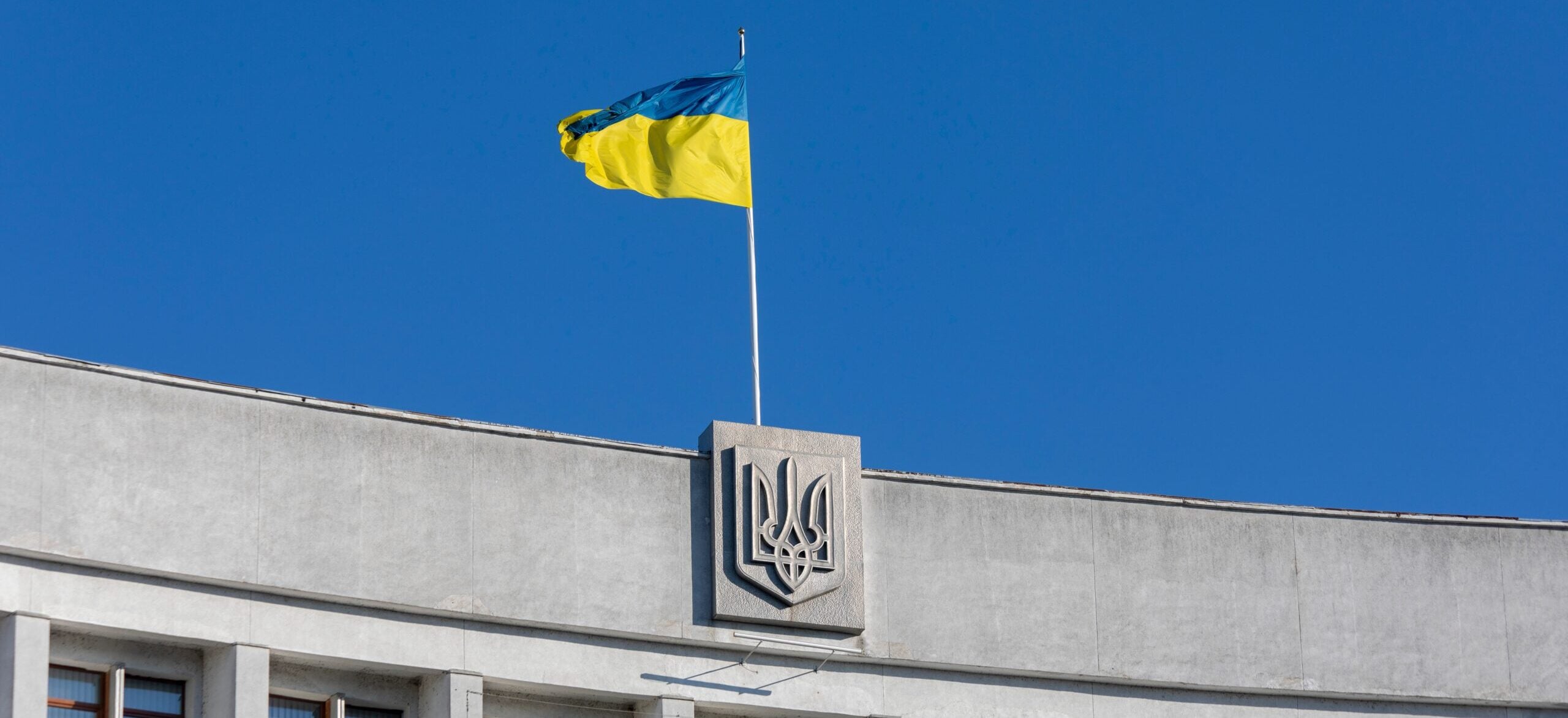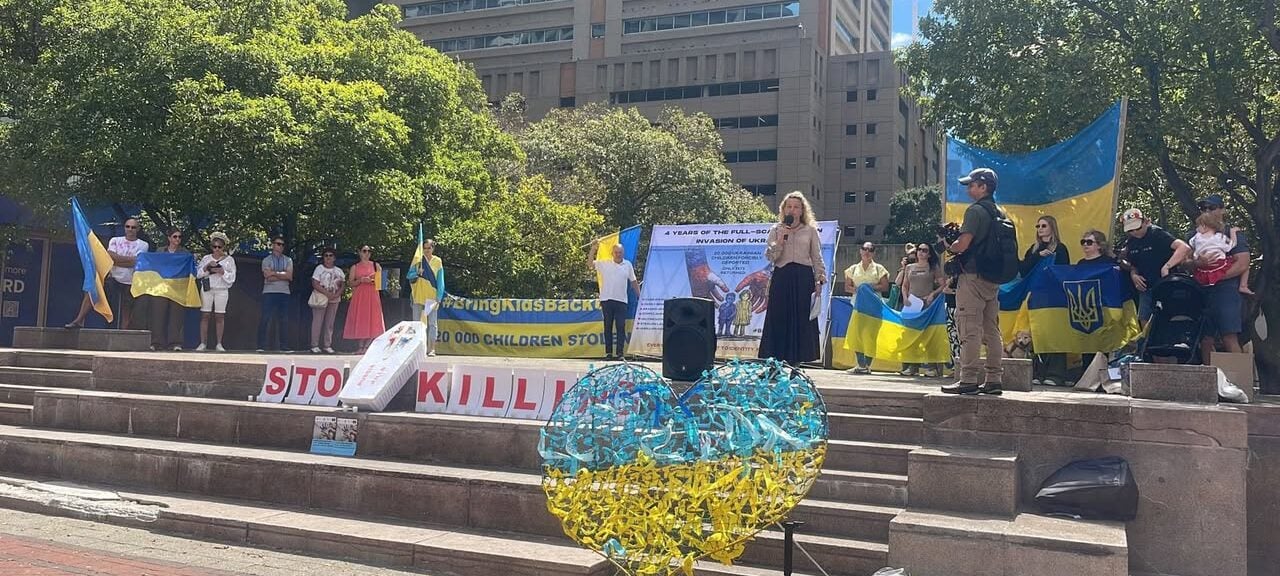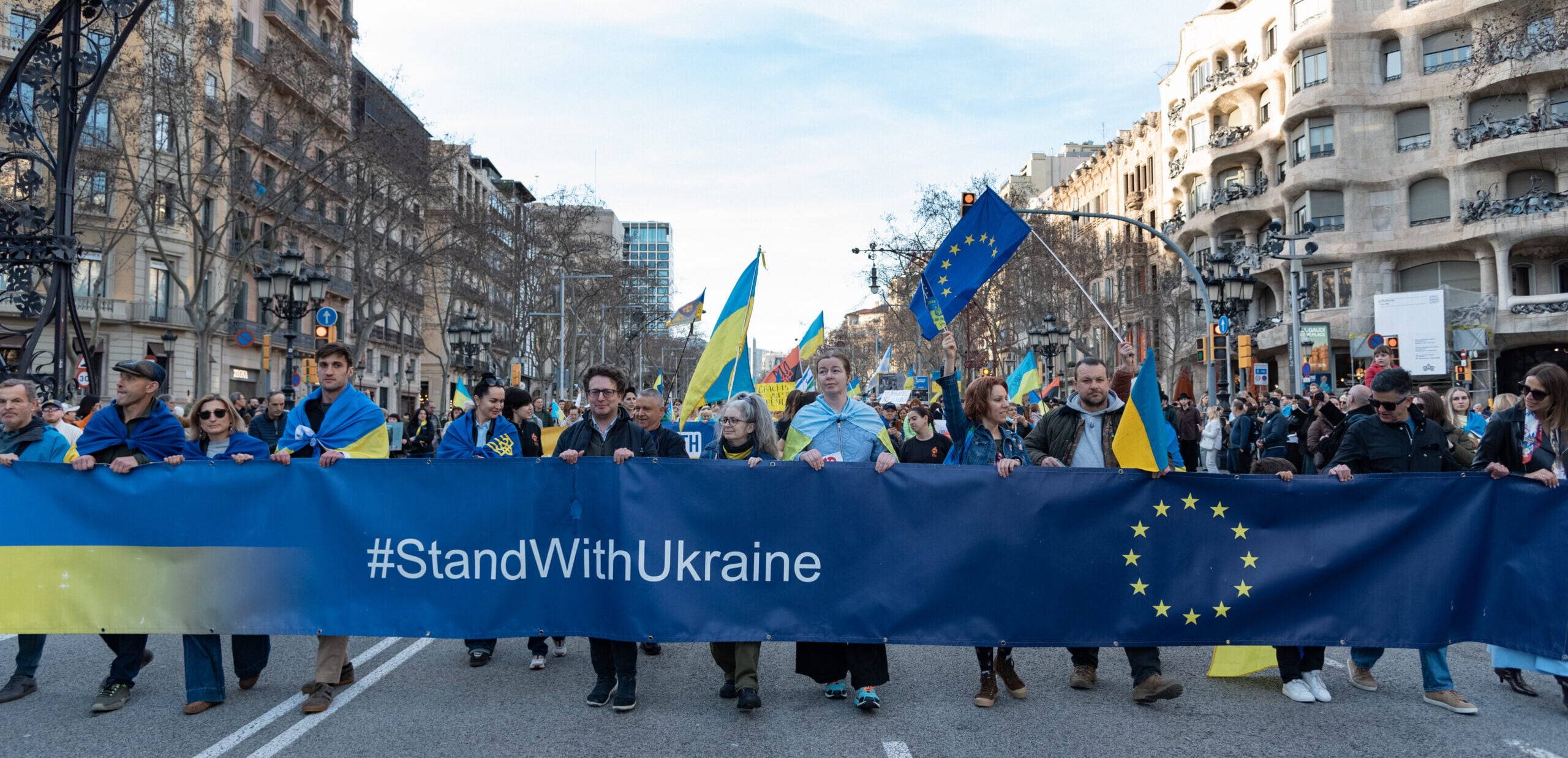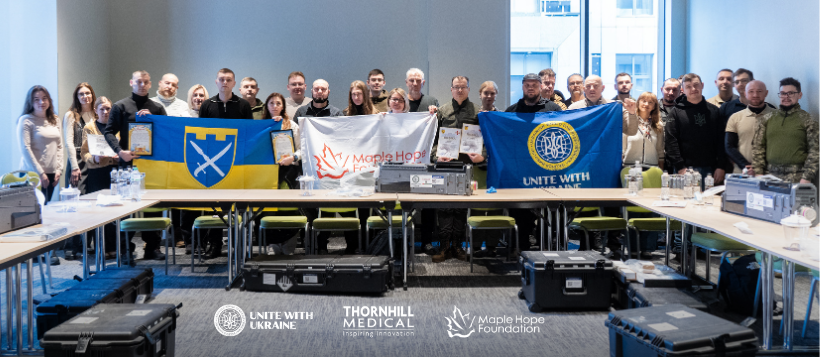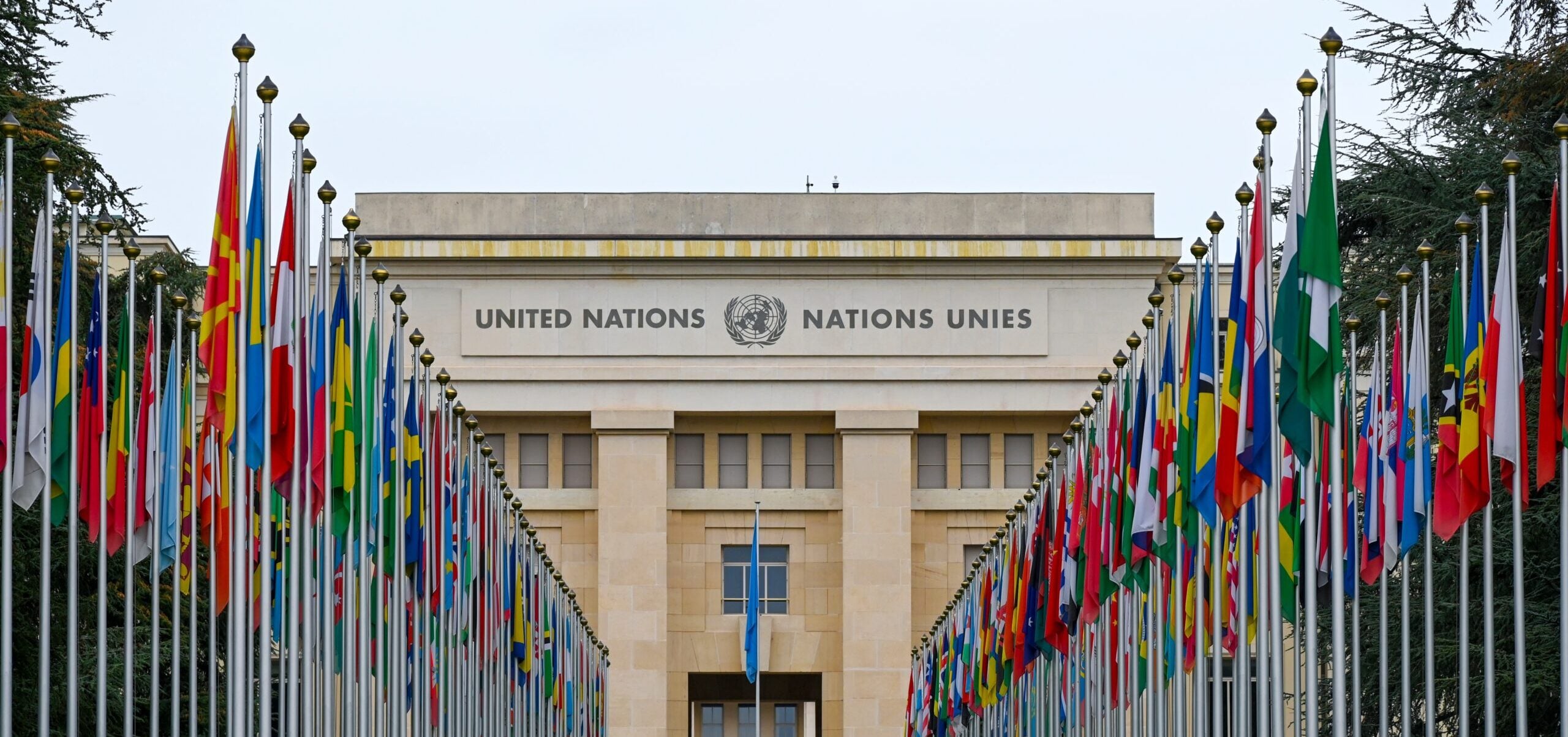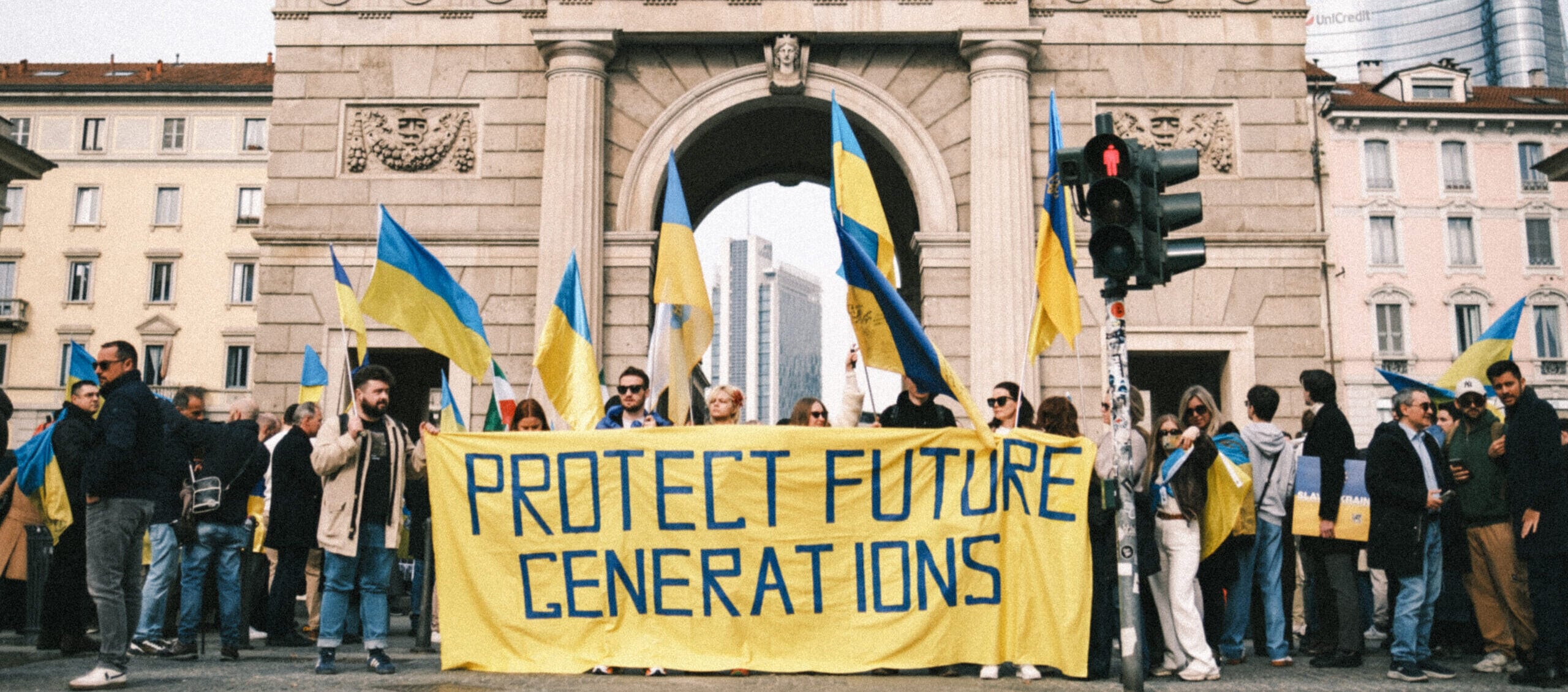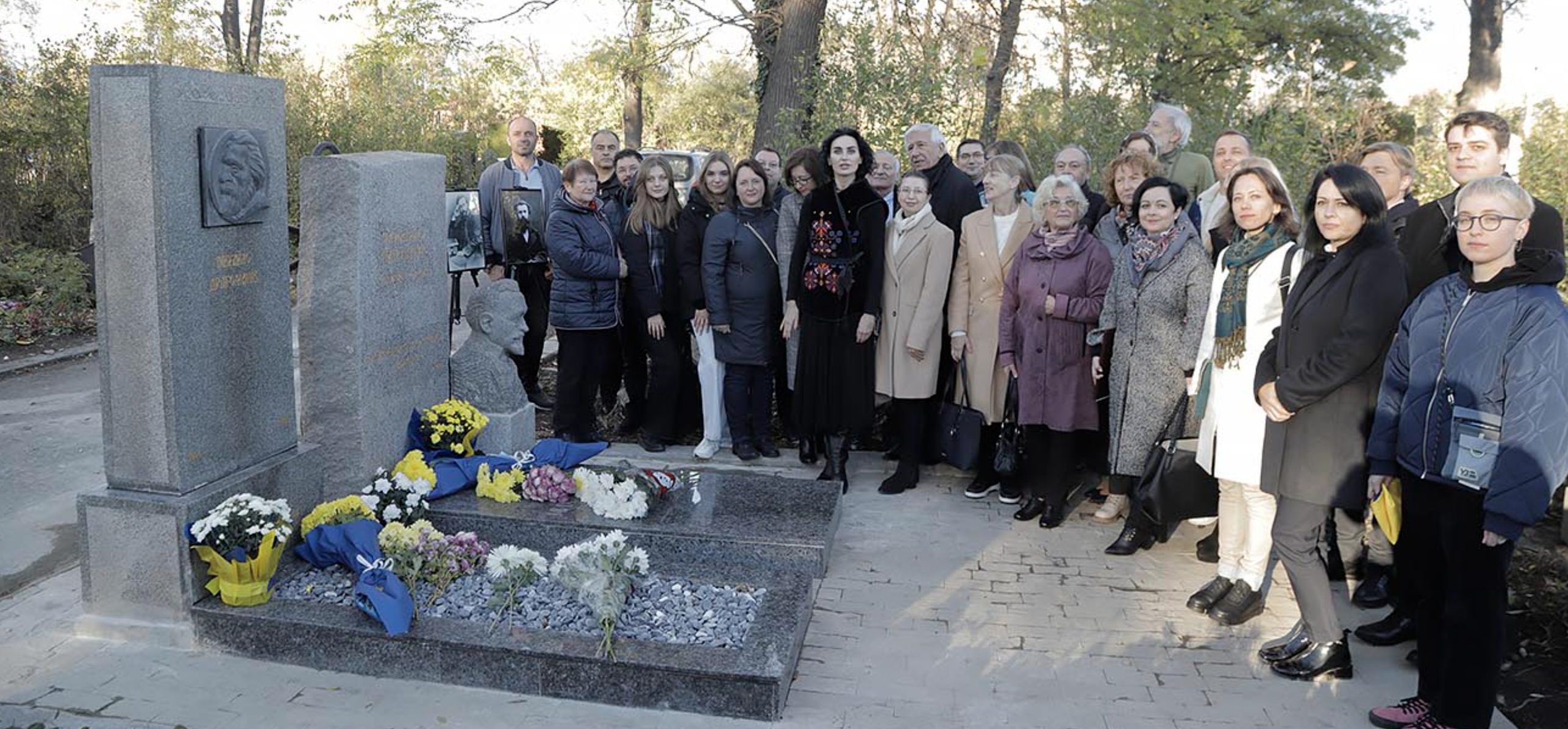
The European Congress of Ukrainians (ECU) has expressed full support for the Association of Ukrainian organizations in Bulgaria “Maty Ukraina” (Mother Ukraine), following public accusations and misinformation over the upkeep of the grave of Ukrainian intellectual Mykhailo Drahomanov in Sofia.
He was a prominent Ukrainian political thinker from the Poltava region, and is also known as a historian, ethnographer, publicist, and civic activist in the 19th century.
The dispute began after Ukrainian comedian Felix Redka accused the association’s head, Olena Kotseva, of removing a Ukrainian flag and a plaque with a QR code that he had placed at Drahomanov’s grave.
Kotseva responded, saying the installation had not been coordinated with the Ukrainian community in Bulgaria, which has long looked after the site together with the Ukrainian Embassy and local partners.
She also warned that Redka’s move had violated established procedures for cemetery maintenance and could have led to litigation or lawsuits.
In comments to the media, Kotseva stressed that, under Bulgarian law, any work on a municipal cemetery requires approval either from a relative or an authorized group, and can only be carried out by a licensed company following a city-approved project.
“Dialogue, mutual respect, and fact-checking should come before public accusations,” the ECU said.
In its statement, the ECU condemned what it called attempts to cause hostility and discredit the Ukrainian community abroad. The Union in Bulgaria, it noted, has been actively preserving historical memory, defending Ukrainian rights, and promoting culture for many years.
The ECU also called it unacceptable to spread false or misleading claims about diaspora organizations, especially when these efforts undermine the work of community leaders or volunteers.
It praised the Union’s humanitarian, cultural, and educational initiatives and said they reflect the best of Ukraine’s image abroad.
The statement urged journalists and bloggers to act responsibly in how they report such issues and not fall prey to speculation that could divide the community. It also backed the Union’s plan to defend its reputation through legal means if necessary.
